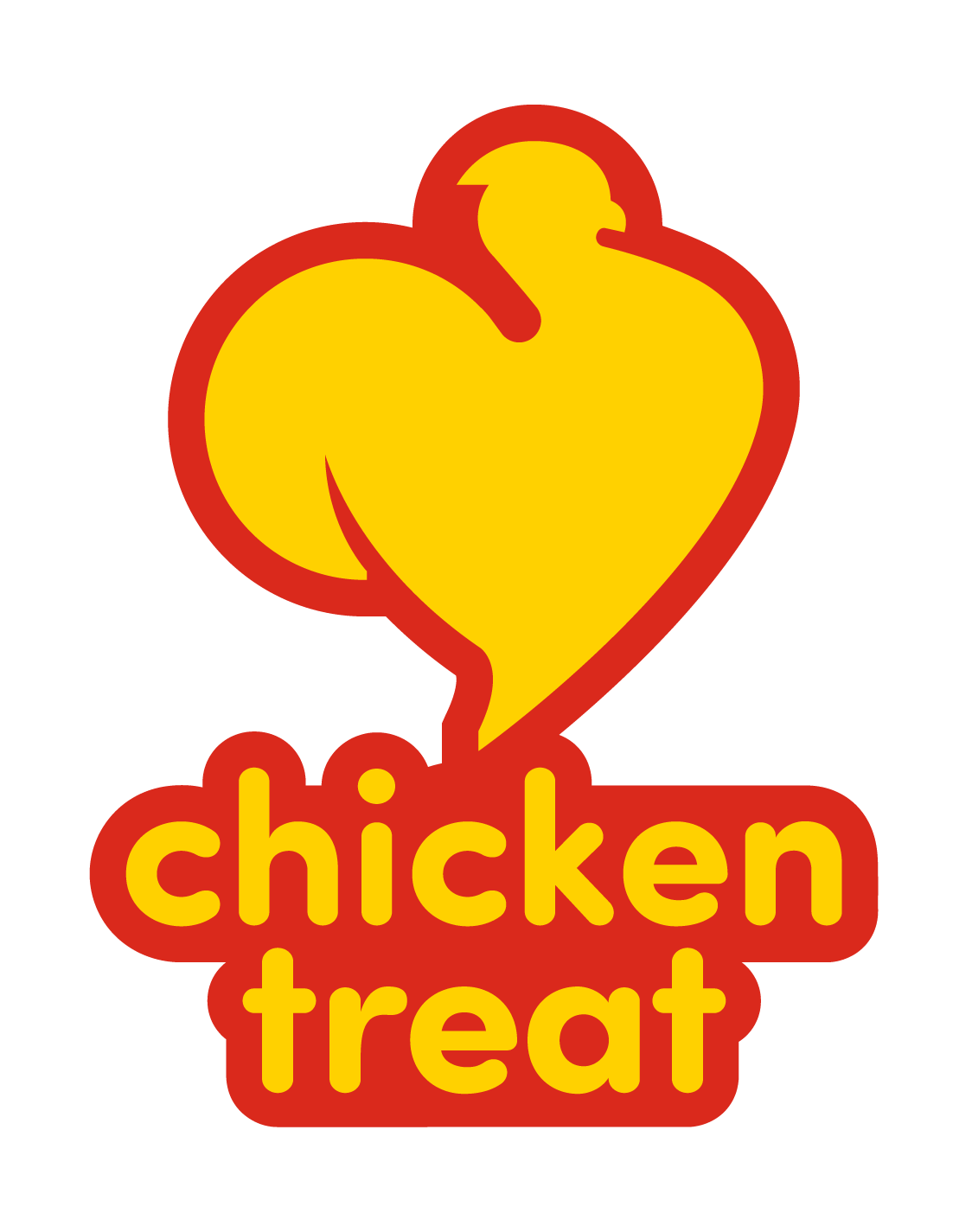by Luke at Lacey's
The body is an effective survival machine. When placed in a calorie deficit for too long, the body alters how energy is used within the body.
To lose fat, we place ourselves in a calorie deficit and increase activity levels.
Simple in theory, but there are still many factors that contribute to fat loss.
As your body reacts to the deficit placed upon it, it adapts and starts to alter how energy is distributed through the body. It has been suggested that your metabolism slows down as a response to the deficit, but what actually happens is a myriad of responses.
The body`s goal is survival, so when energy intake is reduced, the body, will prioritise its highest needs first. When the body recognizes a decrease in calories from dieting, your TDEE decreases to become more calorically efficient. The body perceives this as starvation and will adapt its energy expenditure to help the body survive the state of "starvation".
This is why someone can maintain weeks of calorie deficit, lose weight and then suddenly plateau while eating the same amount of calories. The body has adapted to the change in calorie intake.
When people try to lose fat, the most common step people take is to reduce calories and when fat loss stops, they continue to reduce calories thinking this will elicit further fat lose.
Remember, the body is recognizing this restriction and believes it is starving, therefore will do its best to store excess energy by adapting the body`s function and energy consumption.
Refeeding and reverse dieting is a way to slowly build you body`s caloric intake back to maintenance level and restore homeostasis. Refeeding and reverse diets are controlled increases in caloric consumption.
The body is an amazing machine and will do what it needs to in order to survive and keep organs running.
If your fat loss phase has hit a wall, sometimes lowering the calories is not the correct response. Eating more could actually put you back on track and get the body returning to normal.
This may sound counter-intuitive to people and the thought of eating MORE food is frightening, but ask yourself this, "How is what you are doing now working out for you?"


All Rights Reserved Region Group | Privacy Policy | Website By DD Digital










